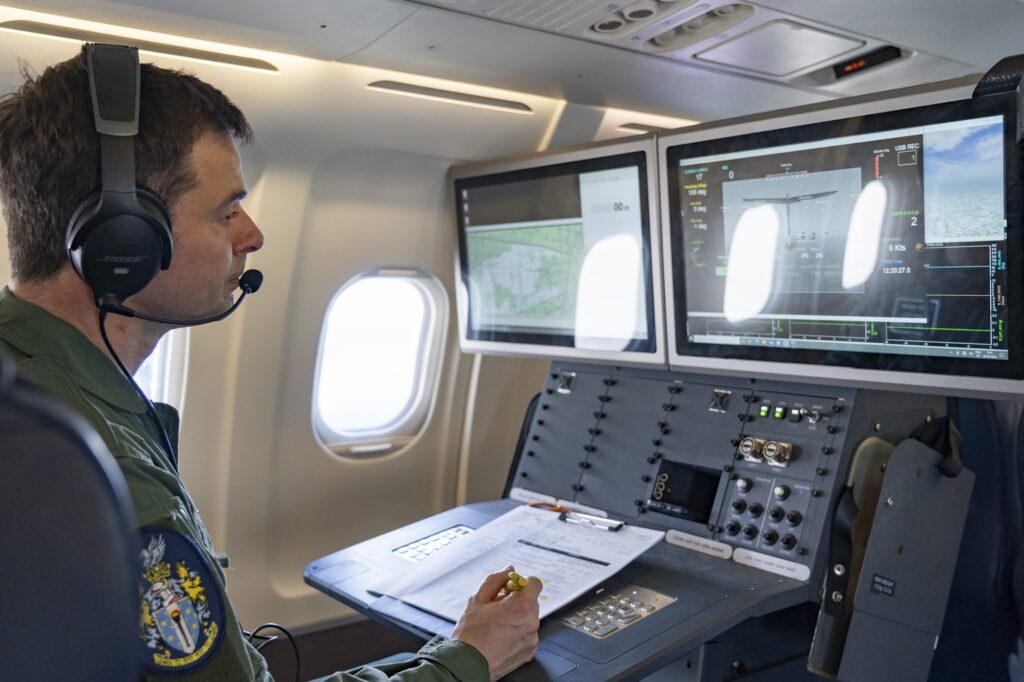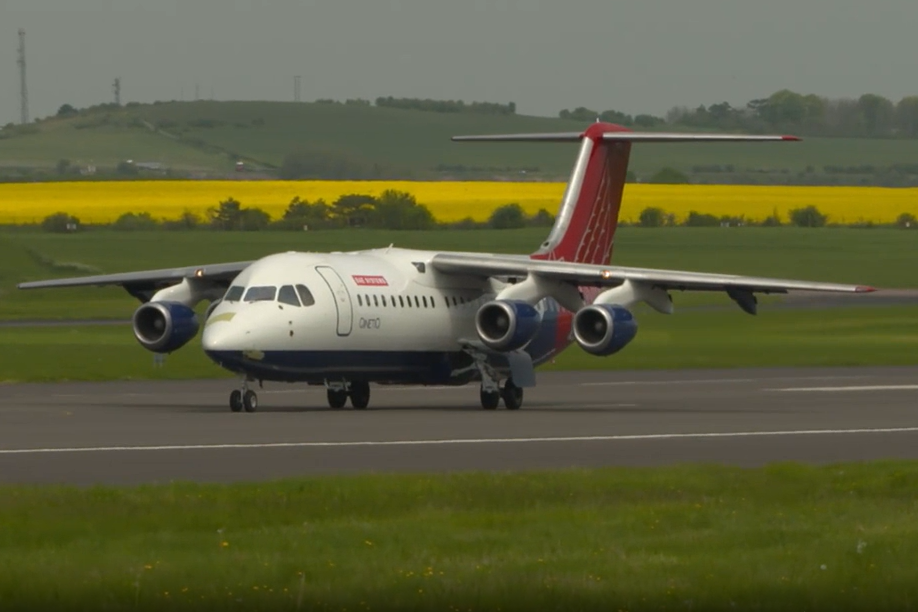The UK has concluded commercial flight trials of quantum-based navigation systems, which it says are resilient against jamming and spoofing by hostile entities.
The trials, conducted by quantum technology firm Infleqtion in collaboration with aerospace companies BAE Systems and QinetiQ, took place at the UK Ministry of Defence facility of Boscombe Down in Wiltshire. Nearly £8 million ($10 million) in government funding supports the project.
The quantum technologies tested included the compact Tiqker optical atomic clock and an ultra-cold-atom-based quantum system. They both form a Quantum Inertial Navigation System or Q-INS installed aboard QinetiQ’s RJ100 Airborne Technology Demonstrator. These trials mark the first time such technology has been publicly tested on an aircraft.
“From passenger flights to shipping, we all depend on navigation systems that are accurate, safe and secure,” Science Minister Andrew Griffith commented. “The scientific research we are supporting here on quantum technology could well provide the resilience to protect our interests.”
Current Positioning, Navigation, and Timing (PNT) systems, essential for location tracking and timekeeping, rely heavily on global navigation satellite systems (GNSS), making them vulnerable to disruptions. Quantum-based systems would address this dependency and prevent potential disruptions to critical activities due to GPS vulnerabilities.
In addition to commercial airliners, quantum-based PNT could be used for the next generation of combat air systems, such as fighter jets, drones, and missiles, which currently rely on GPS-based navigation systems.

Commercial flights increasingly affected by GPS jamming
Numerous European civil aviation authorities, including the European Union Aviation Safety Agency, the French DGAC, and the Finnish Traficom, have reported an increase in GPS signal disruptions affecting flights following Russia’s invasion of Ukraine. EASA has identified four areas where GNSS jamming and/or spoofing has increased since February 24, 2022.
- Kaliningrad region, surrounding Baltic Sea and neighboring States;
- Eastern Finland;
- The Black Sea;
- The Eastern Mediterranean area near Cyprus, Turkey, Lebanon, Syria and Israel, as well as Northern Iraq.
Finnair decided to suspend its daily flights to Tartu, Estonia, from April 29 to May 31, 2024, due to ongoing GPS interference affecting the usability of Tartu Airport (TAY) approach methods. Recently, two Finnair flights diverted back to Helsinki because GPS interference hindered a safe approach and landing at Tartu.

